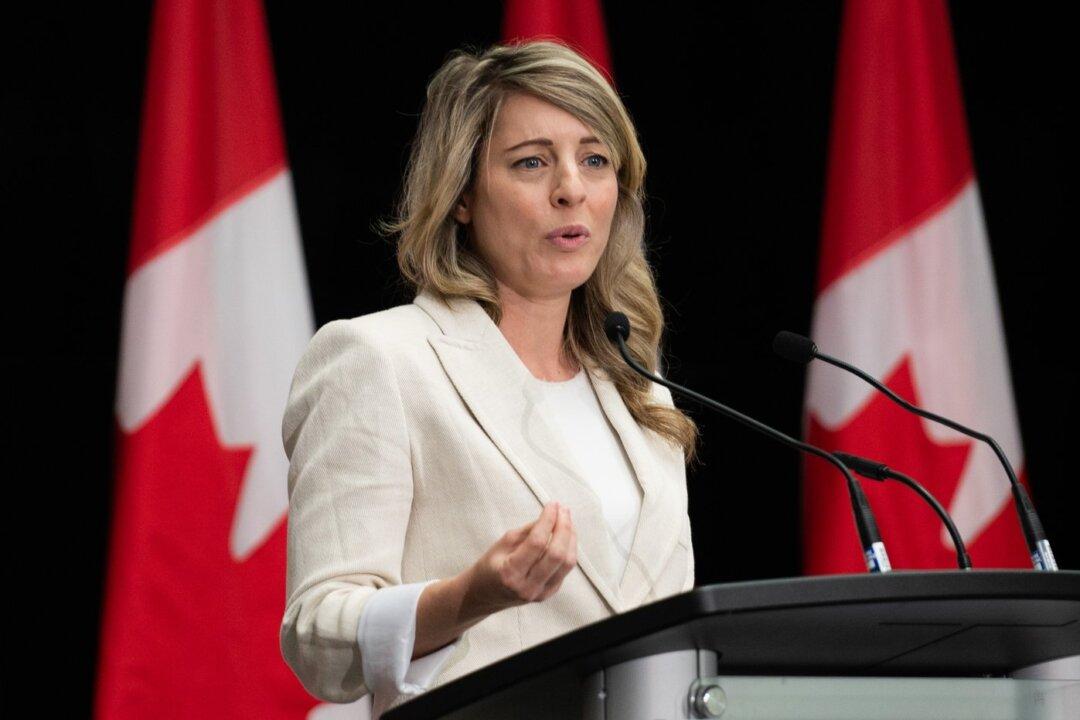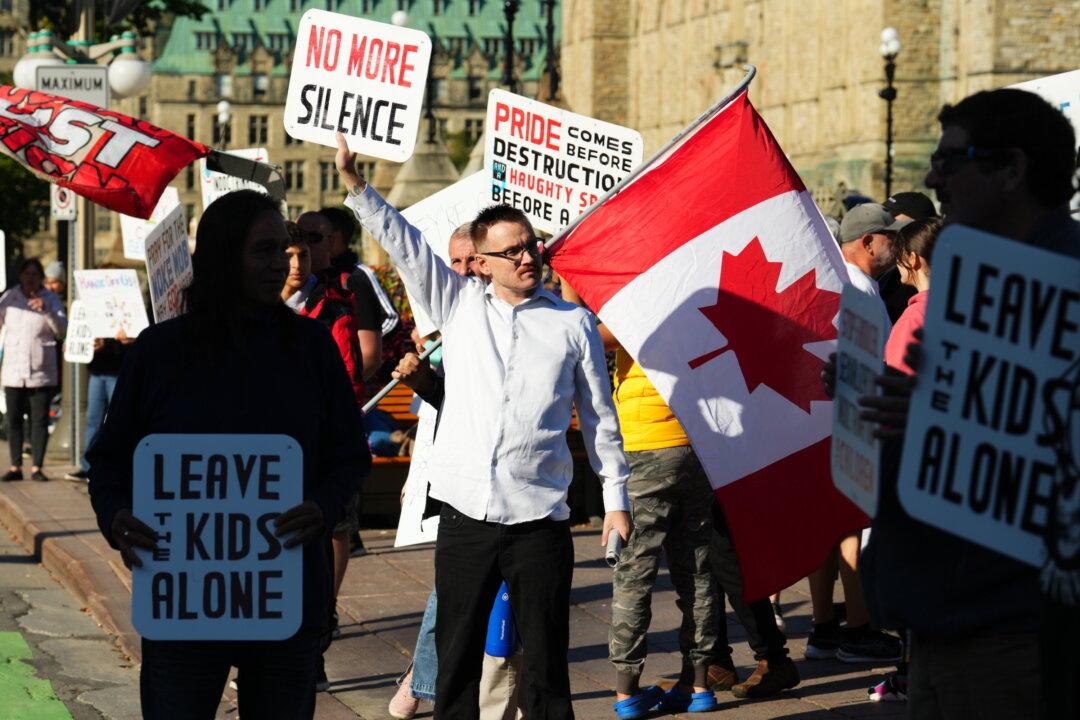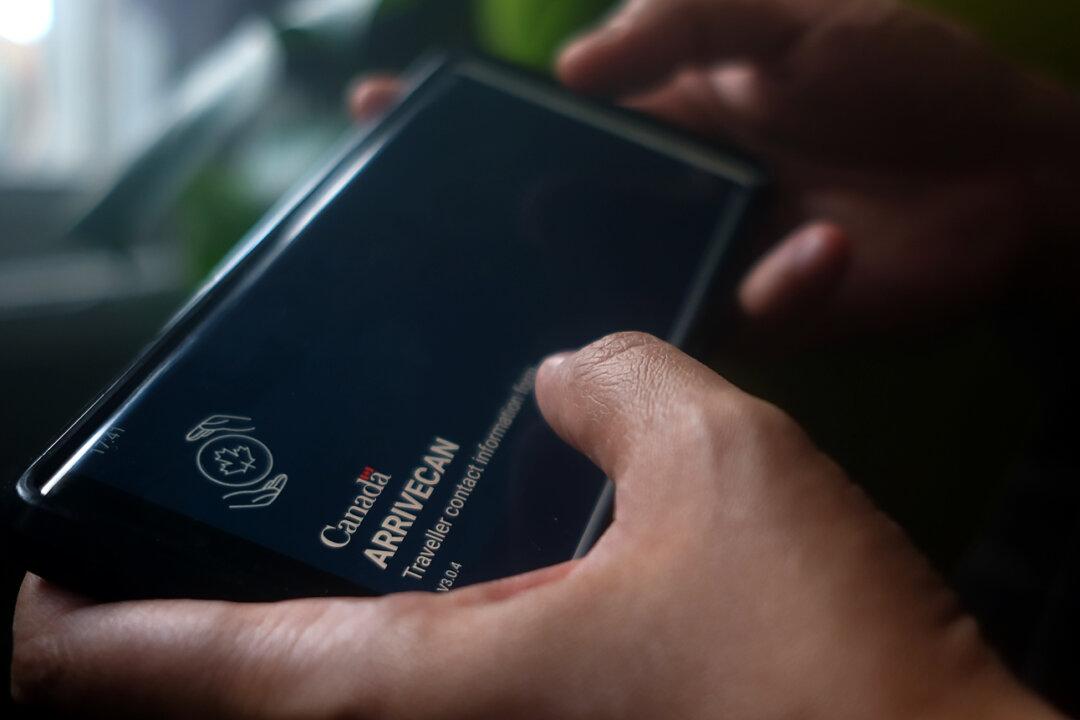Minister of Foreign Affairs Mélanie Joly reaffirmed Canada’s support for the International Court of Justice (ICJ) after the court handed down an interim ruling on South Africa’s accusation of genocide against Israel.
“Canada supports the ICJ’s critical role in the peaceful settlement of disputes and its work in upholding the international rules-based order,” Ms. Joly said in a Jan. 26 release.





